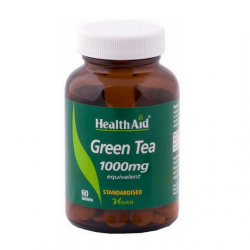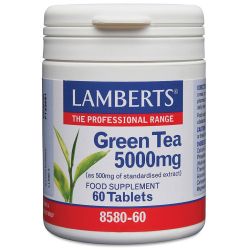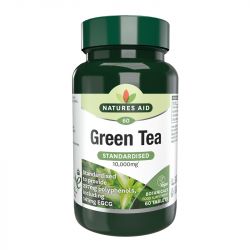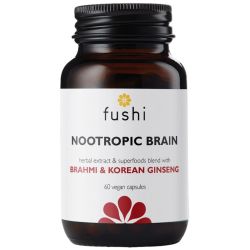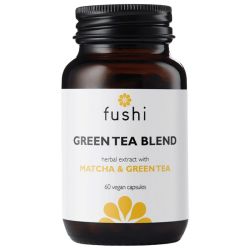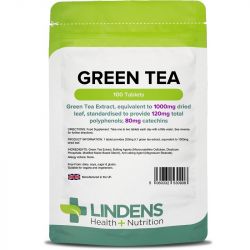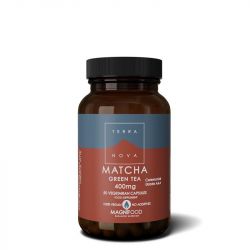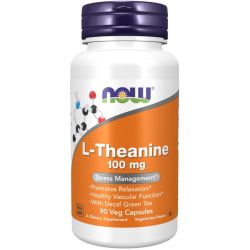Green Tea
Green tea, scientifically known as Camellia sinensis, is a beverage derived from the unoxidised leaves of the tea plant, originating from China and Japan. It has been consumed for centuries, not only for its refreshing taste but also for its numerous health benefits. Rich in polyphenols, particularly catechins like epigallocatechin gallate (EGCG), green tea is renowned for its potent antioxidant properties, which help combat oxidative stress and inflammation.
Traditionally, green tea has been used to support weight management, enhance cognitive function, and improve heart health. Recent studies have also suggested that regular consumption may lower the risk of certain chronic diseases, including cardiovascular disease and certain types of cancer. Green tea is typically consumed as a brewed beverage, with supplements available in capsule or extract form.
- Fushi Wellbeing Green Tea with Matcha Extract (500mg High Strength) Veg Caps 60Special Price £15.20 Regular Price £19.00
- Coyne Healthcare Origine 8 Complete Green Tea Extract Caps 30Special Price £19.99 Regular Price £24.99
- Terranova Turmeric & Matcha Green Tea Vegicaps 100Special Price £30.82 Regular Price £38.53Out of stock
All you need to know about Green Tea
How does green tea aid in weight loss?
Green tea is thought to promote weight loss by boosting metabolism and increasing fat oxidation, particularly during exercise. The catechins in green tea, especially EGCG, may enhance thermogenesis, leading to a higher calorie burn.
What role does green tea play in heart health?
Green tea may support heart health by improving cholesterol levels and enhancing endothelial function. Its antioxidant properties can help reduce oxidative stress and inflammation, contributing to overall cardiovascular wellness.
Can green tea improve cognitive function?
The natural caffeine and L-theanine found in green tea may enhance brain function by improving mood, alertness, and cognitive performance. Some studies also suggest that the antioxidants in green tea may help protect against neurodegenerative diseases.
What is the best way to consume green tea for health benefits?
Green tea is best consumed as a brewed beverage to retain its antioxidant properties. Drinking 2 to 3 cups per day is recommended for optimal health benefits, but green tea extracts or supplements can also be effective for those seeking concentrated doses.
Are there any side effects associated with green tea?
Green tea is generally safe for most people; however, excessive consumption may lead to side effects such as headaches, insomnia, or digestive issues, primarily due to caffeine content. Individuals sensitive to caffeine should monitor their intake.
How does green tea affect blood sugar levels?
Green tea has been shown to improve insulin sensitivity and lower blood sugar levels, which can be beneficial for individuals managing diabetes. The catechins may help regulate glucose metabolism and reduce the risk of type 2 diabetes.
Can green tea help with skin health?
The antioxidants in green tea can help protect the skin from damage caused by UV radiation and pollution. Green tea extracts are often used in skincare products for their anti-inflammatory properties and ability to reduce acne and signs of ageing.

